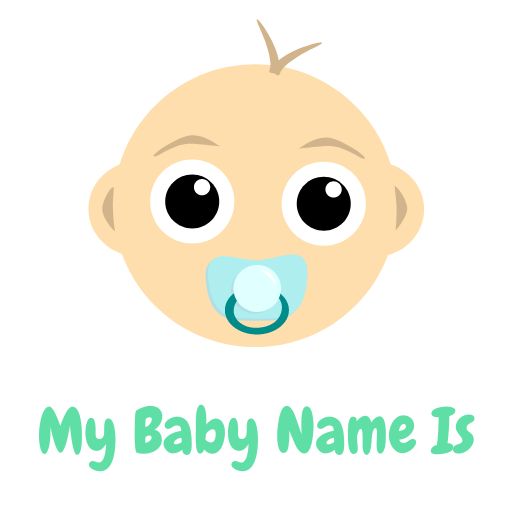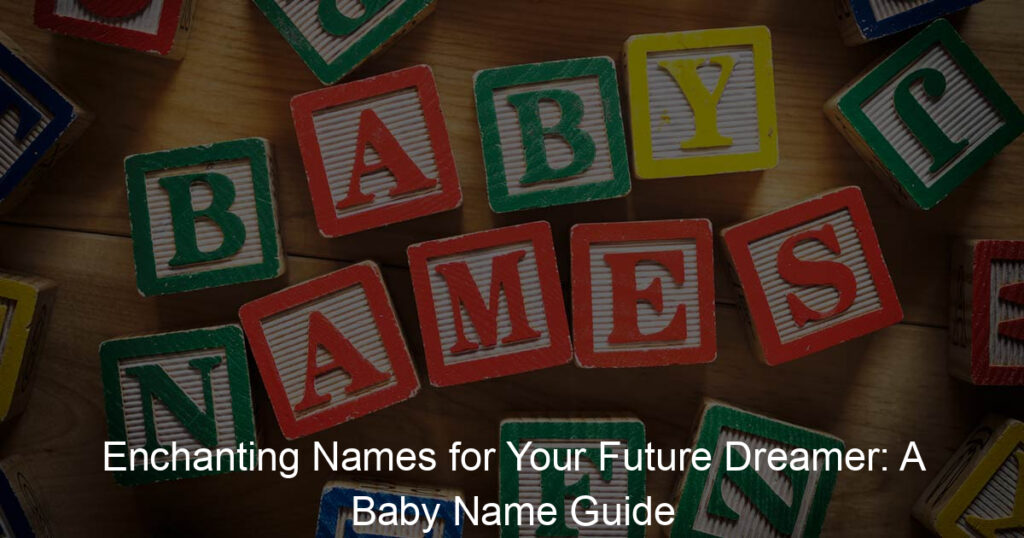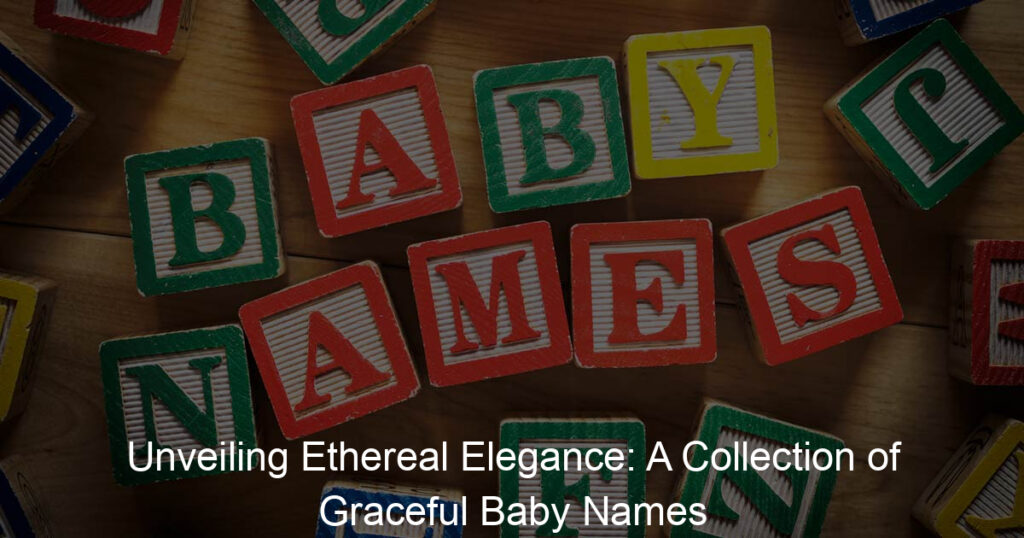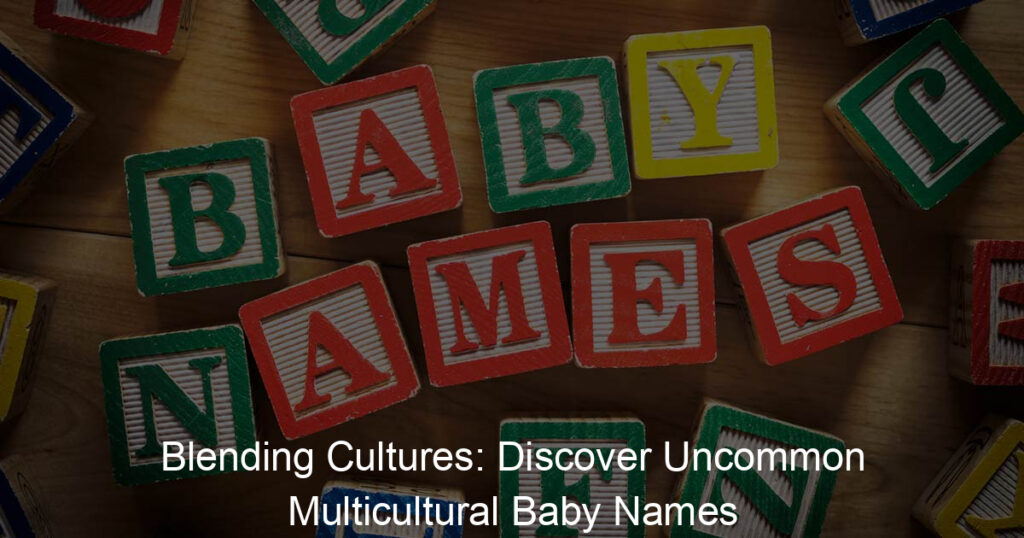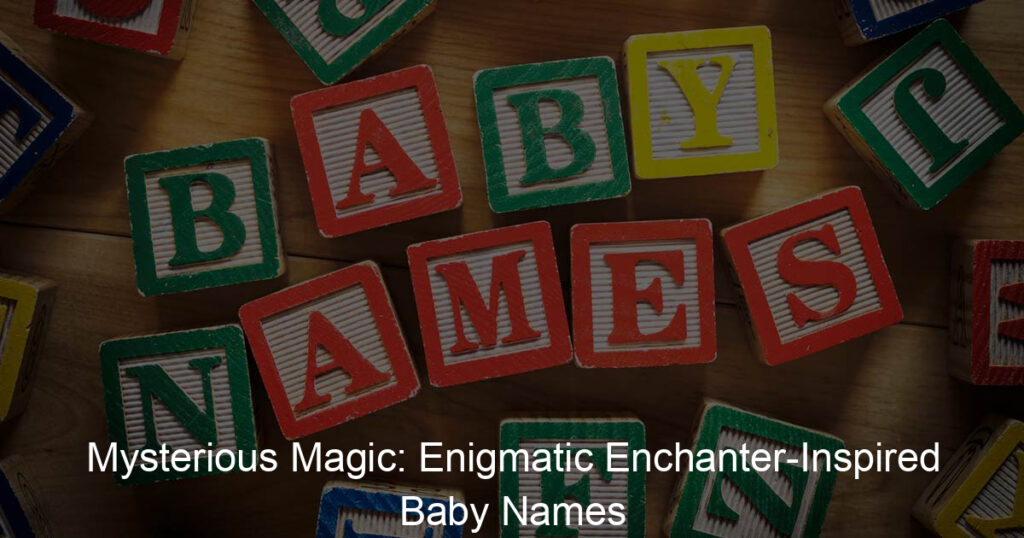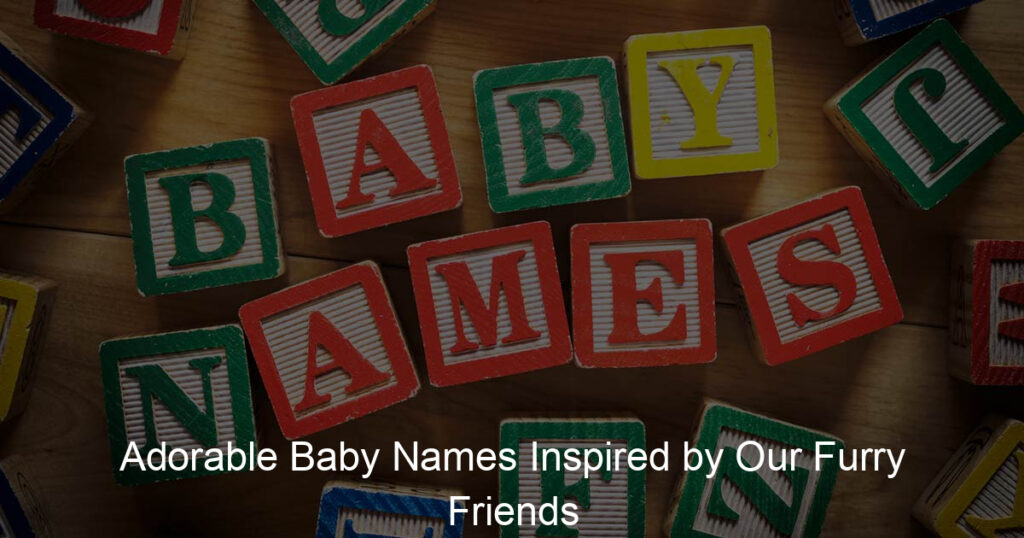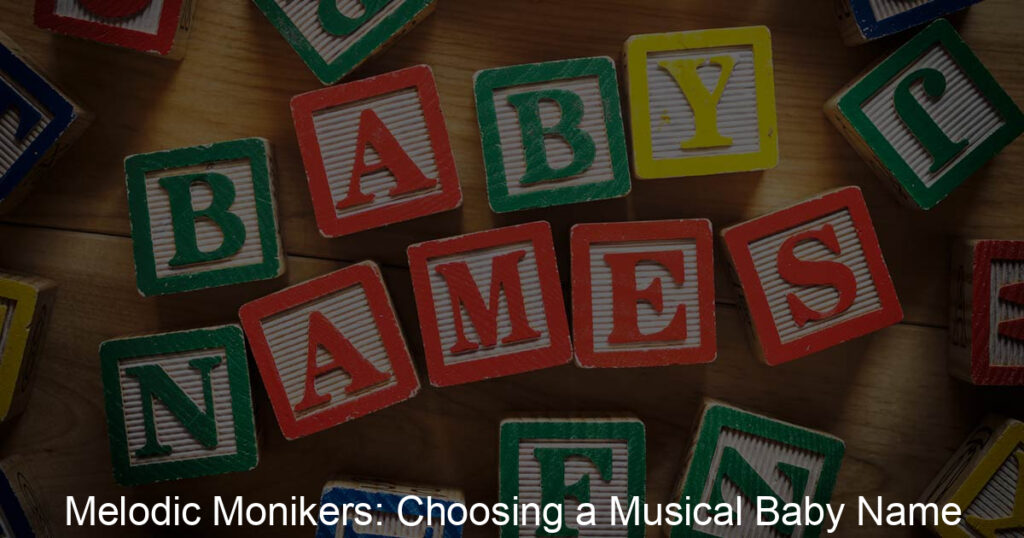Naming your child after yourself or an ancestor can be a meaningful and special way to honor family traditions – but that’s not the only compelling reason for choosing this route. Whether it’s paying tribute to forebears, ensuring your name will live on in the next generation, or simply wanting to call your kid the same thing you are called – there are plenty of reasons why naming your child after yourself is worth consideration.
So if you’re trying to choose a moniker for your little one and want something more than just a cool-sounding name, read on! You’ll find out why others have made this decision and gain some insight into how these decisions may positively influence their lives.
Why do we name a child after someone?
A traditional reason for naming a child after someone is to honor that person and acknowledge their significance in her life. It can be an ancestor from whom you trace your family history, or simply an admired person you hope to emulate.
There is a sense of perpetuity in keeping a name alive. Naming the baby after someone you deeply care about can also be seen as an expression of love, appreciation, and respect.
It is a lasting way to demonstrate how highly you regard them and it has the power to create strong bonds between generations, providing both the child and the person being honored with deep meaning and connection.
What is the purpose of naming a child after someone?
Naming a child after someone is a centuries-old practice that is still done today. While people can choose any name for their little ones, giving them the same name as a beloved friend or family member is deeply meaningful.
It’s a way to honor the person who inspired and influenced them, showing how much they are admired. It may also be an attempt to capture some of that person’s positive qualities – such as intelligence, resilience, and kindness – in hopes that their child will embody those traits.
Some cultures even believe bestowing someone’s name on a baby conveys special blessings on the newborn, making this practice particularly cherished by many families.
What does being named after someone mean?
Being named after someone is more than just sharing a name. It is an honor that carries the weight of not just a single memory, but all the experiences and stories of the person you’re named after.
Not only that, but names live on beyond mortality – when we call out to our ancestors, they can hear us in spirit through their namesake, both being honored and forever remembered.
While being named after someone sounds like quite a task to live up to, it’s one of the most beautiful things in life; it’s a physical manifestation of the connection between two people sharing their legacies for years to come.
When a child is named after you?
Having a child named after you is a huge honor. It’s such a special feeling to know that your friends and family think of you in such high regard that they want to label one of the most important things in their life with your name.
Not only does it make you feel appreciated, but it also serves as a reminder of the legacy you leave behind for generations to come. There’s nothing quite like seeing your name printed on the birth certificate and knowing that despite all the unknowns in life, this small part will forever stay connected between the two of you.
What if you name your daughter after you?
Deciding on the perfect name for a daughter can be challenging, especially if you’re considering giving her your name. But, if you choose this route, there are a few unique advantages to consider.
For example, it serves as a wonderful reminder of a strong connection between parent and child. Even better, it’s a great way to pass on family heritage and show solidarity between generations.
If your daughter carrying your name goes out into the world and achieves great things, you have something special to be proud of. Of course, some might think it’s vain to name your daughter after yourself but why not make the best decision for your family?
What does it mean to name a child after you?
Naming a child after oneself is an incredibly powerful and meaningful gesture. It shows the immense love and respect that one has for their name, as well as their legacy. It isn’t just about the connection between the parent and the child; it’s also about honoring everything that parents have worked to represent in their lives.
To name a child after yourself is not only a way of saying ‘I love you’, but also ‘I’m proud of who I am and I want you to carry on my accomplishments.’ Ultimately, naming your son or daughter after yourself is a way of ensuring your story lives on even after you’re gone.
Is it good to name your child after you?
Naming your child after you can be a great way to honor your legacy, but it’s important to consider the implications of giving your child their name. It may seem like a good idea at first, but there are potential consequences that you should take into account, such as inheriting any of your negative traits or having trouble differentiating yourself from yourself later in life.
Additionally, although you may have had positive experiences with being called by your name, not all people find it enjoyable to be named after someone else — may find it unnecessarily pressuring. Before deciding on giving your child the same name as yours, it’s good to consult with them and ask their opinion – they may find joy in preserving their family name or taking on a new one.
Can girls be named after their moms?
It certainly seems like a beautiful honor to name your daughter after her mother, and many families do still choose to follow this tradition today. While historically it was less common for daughters to get handed down their mother’s name, modern times have allowed us to be more flexible about gender roles when it comes to passing down traditional customs.
If you’re interested in naming your daughter after her mother, check with parents or other relatives first to make sure there isn’t already a traditional name that should reign supreme! It’s a special way of connecting generations and remembering one another even after they are gone.
Can a girl be a Jr after her father?
Growing up, I always wondered about the concept of a “Jr” after someone’s name – why does a girl have to lose her father’s name simply because she is not a boy? Thankfully, times have changed, and in today’s world, it is not unusual for a woman to keep her father’s last name or use it as a middle name.
There are other creative ways for daughters and sons alike to express their connection to their parents. From the hyphenation of last names to the inclusion of parent surnames as part of first names, families are increasingly finding new and meaningful ways to stand together as one unit.
But whatever form your identification takes, know that you still hold the power of your father’s name – even if it is not directly stated!
What is the girl version of JR?
The girl version of JR is JOY. It stands for Junior Outreach for Youth and was created by Mark Cuban and Greg Easterwood in 2001. This amazing program is meant to equip girls ages 16 to 24 with tools that will encourage them to pursue their dreams and achieve their goals.
It does this through educational courses, guidance from mentors, career exploration opportunities, online resources, business networks, and more. Designed by women for women, it’s an incredible program that’s truly making a difference in the lives of young females across the globe!
Summary: Reasons To Name Your Child After You
Ultimately, the decision to name your child after you or not is completely yours to make. You likely want to choose a name that is meaningful and that you connect with, but you don’t have to limit your options to just one thing – or even yourself!
Take into consideration all the factors, as well as what other people may think, and maybe get creative by pairing something personal with a more modern name.
Plus, if for whatever reason it doesn’t work out once your kid gets older and starts having a mind of their own – no problem! There are plenty of opportunities throughout life for them to change it.
At the end of the day it’s important to remember what matters most: Passing on your legacy in ways that make sense for you and creating something special for your kid at the same time.
